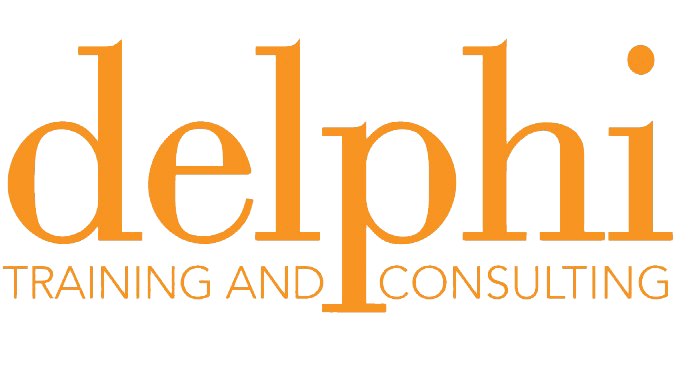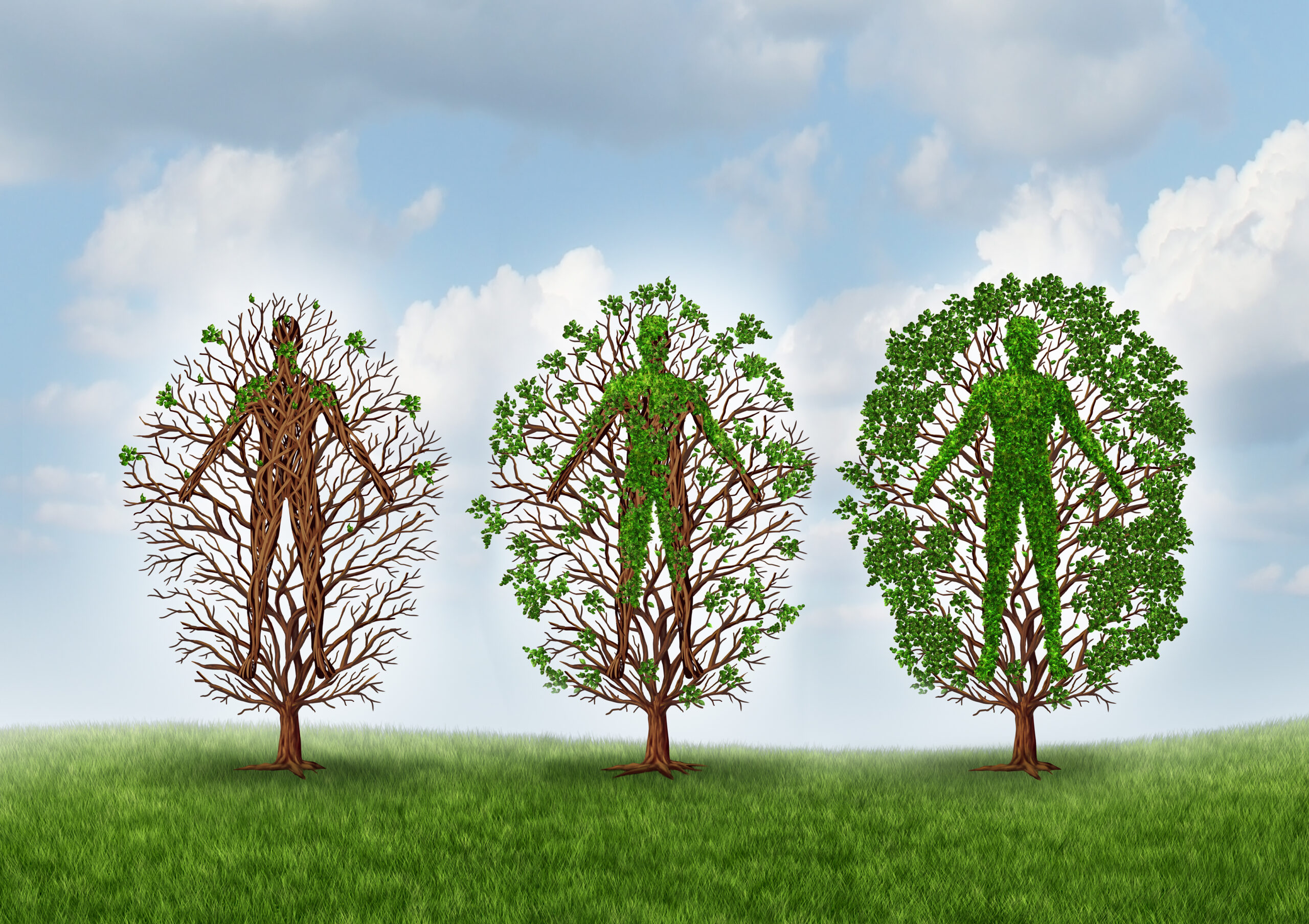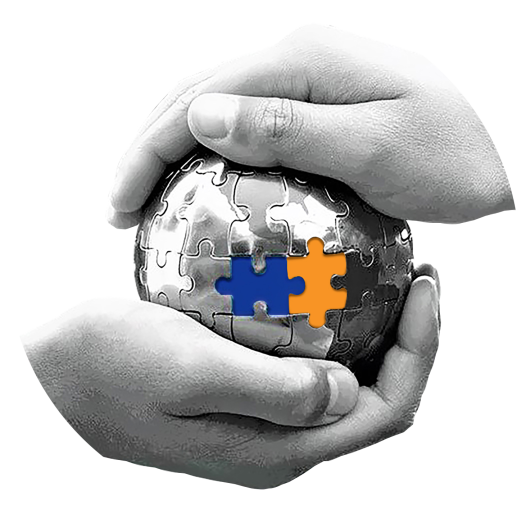
Join our NETWORK
Get all latest news, event updates and access to resources & information.

Many professions routinely engage with people who are experiencing a variety of life stressors including relationship, financial, legal issues and general life challenges related to work, family, mental health, or past trauma. Over time, exposure to the distress of others can have profound impacts on those providing services. In addition to bearing witness to others distress, clients, customer or patient stories may mirror similar experiences of the professional providing services.
Contact may be in-person, via phone, report reading, transcribing or images. It may be one-off or ongoing contact. The cumulative impacts of such exposure can take a toll on mental and physical wellbeing, personal relationships, and professional capacity. Common experiences include PTSD like symptoms; emotional overwhelm or shut down, irritability, displaced anger, cynicism, sleeping difficulties, changes in eating behaviour, and substance misuse. Personal and professional relationships and work capacity may suffer.
Secondary traumatic stress, vicarious trauma, compassion fatigue and burn-out are different but may co-occur. Grief adds another dimension of complexity. Discerning the differences and similarities assists in addressing symptoms and behaviours in effective and meaningful ways.
It’s not all bad news! Exposure to the trauma of others can also lead to vicarious post-traumatic growth or vicarious resilience. Vicarious resilience describes the growth that may develop through witnessing the experiences and triumphs of people under adverse circumstances. It is a positive transformation in one’s worldview and spirituality in response to helping others in some capacity live through and navigate their situation whatever role the professional contributes to this process.
Support to address adverse impacts of your work on your health and wellbeing is a vital aspect of your professional rights and personal responsibilities. This training will explore the impact of your work and provide strategies to mitigate negative impacts and build resilience.
Participants will be able to:
This training is designed for roles and responsibility in:


Get all latest news, event updates and access to resources & information.